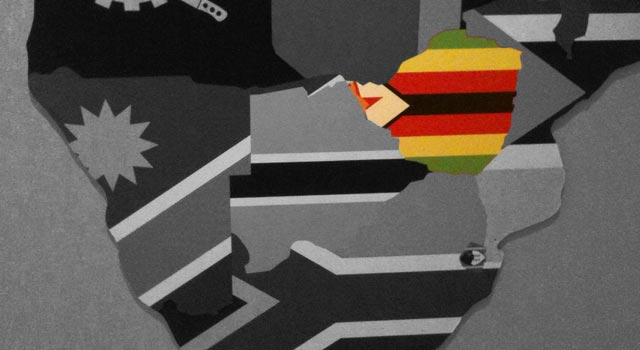
United Nations agency, the International Telecommunication Union (ITU), has ranked Zimbabwe second in the “most dynamic country” category of its latest measurements of ICT development.
This development is measured using the ITU’s ICT Development Index, which determines ICT readiness, the level of use of ICT and its impact on a country.
With an development index percentage change of 19% over a year ago, Zimbabwe is second only to Ghana (23%); the only other African country to make the top 10, Kenya, ranks 9th with a change of 12%.
The index lists 155 countries and, overall, Zimbabwe ranks 115th, up from 118th last year. SA is placed at 91st, with neighbours Botswana and Nambia placing at 108th and 109th respectively. Source: Techzim
Safaricom’s R1,5bn fibre plan
Kenya’s Safaricom intends to expand its fibre-optic network four-fold over the next three years, from 600km to 2 400km. The project is expected to cost about 14bn shillings (R1,5bn). The plan is to deploy about 500km of fibre a year.
The first phase of the project will be implemented in Nairobi where old and damaged cables will be replaced.
Safaricom relies on third-party carriers such as Telkom Kenya, which has 4 500km of fibre and Jamii Telecommunications with 4 000km. Using third-party networks costs Safaricom about 2,1bn shillings (R216m) annually. Source: TeleGeography
Africa unlikely to meet digital TV targets
Telecommunications experts meeting in SA at this year’s MultiChoice digital dialogue conference noted that the continent is ill-prepared towards meeting the mid-2015 deadline for switch-off of analogue terrestrial television broadcasts.
SA Digital Broadcasting Association MD Koenie Schutte cast doubt over the migration process on the continent. “It’s evident many countries on the continent are not likely to beat the 2015 deadline, leaving several options for regulators,” he said. “If the deadline was extended to 2020, maybe I would say ‘yes’,” he added. Source: The Standard
Multi-Links in three-way merger
Three of Nigeria’s fixed-wireless code-division multiple access (CDMA) network operators — Starcomms, Multi-Links and MTS — have asked the Nigerian telecoms regulator for permission to merge. Growing competition in the nation’s mobile sector have resulted in the CDMA operators margins being squeezed, despite the fact that Nigeria now has more than 100m mobile phone users. Of the three, Starcomms is the only one listed on the local stock exchange. Multi-links was formerly owned by SA’s Telkom. Source: Reuters
Bharti to sell 15% of Airtel Kenya
India’s Bharti Airtel must sell a 15% stake in Airtel Kenya to a local shareholder in order to remain compliant with Kenya’s foreign ownership rules, which state that at least 20% of any telecoms network operator must be held by a domestically registered business or Kenyan national.
Although Bharti owns only 80% of the company, its local shareholder, Naushad Nerali, was granted permission to sell a 15% stake to foreign shareholders.
Bharti was given a three-year window to find another local shareholder, with the deadline due to expire in April 2013. The company’s operating concession will not be renewed should it fail to do so. Source: TeleGeography




